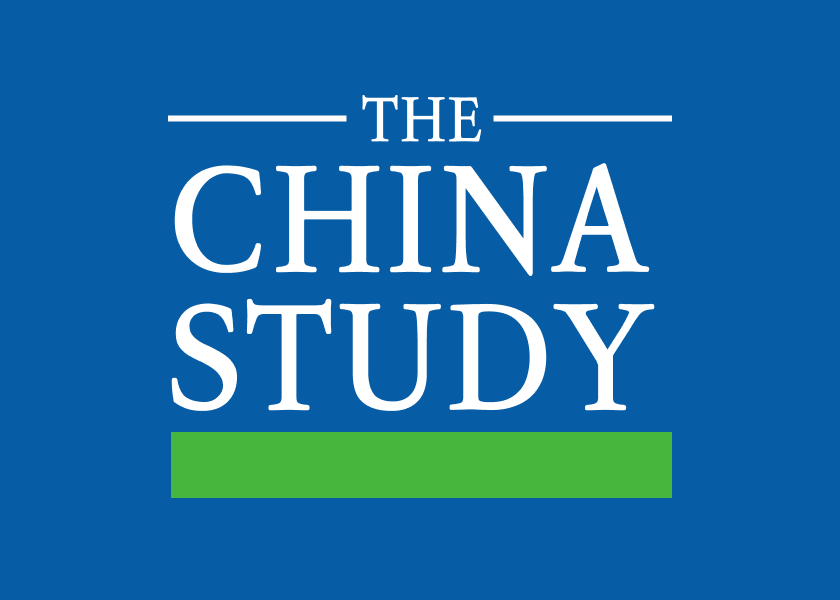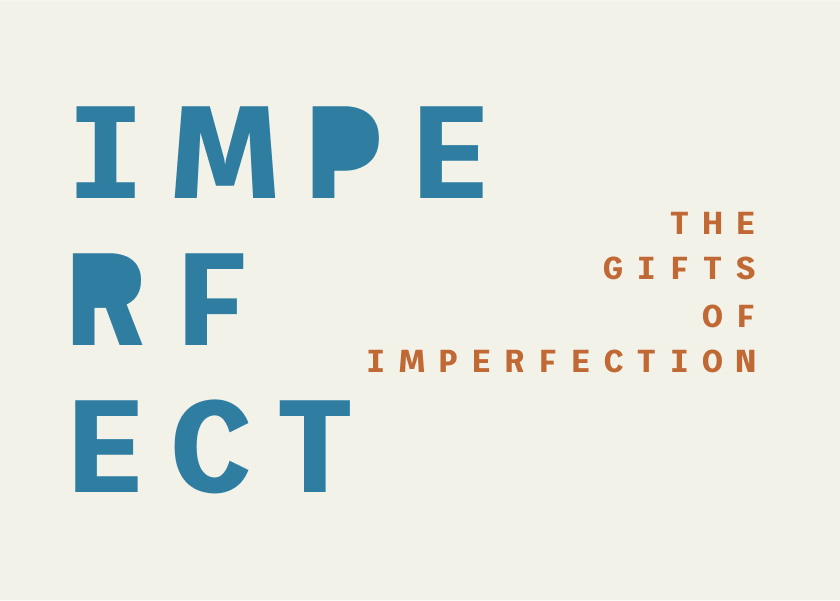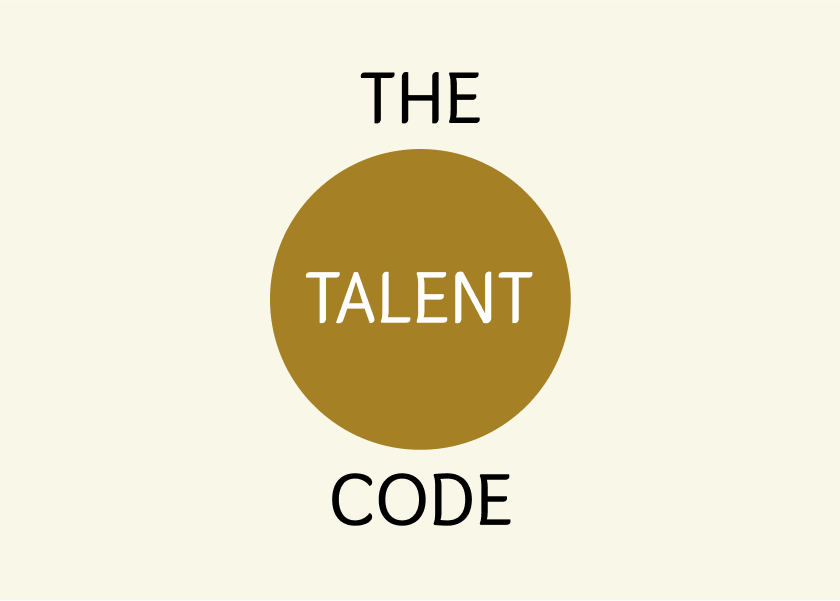The China Study by Colin and Thomas Campbell - Summary
This groundbreaking book reveals the profound impact of a whole foods, plant-based diet on health. Based on the largest epidemiological study on nutrition ever done, it argues that this diet can prevent and even reverse chronic diseases, including heart disease, cancer, and diabetes.

This summary provides you with the book's essential insights and offers actionable takeaways to implement in your daily life.
Listen to ShelfHelp's podcast about this book.
A Plant-Based Prescription for Optimal Health
Are you tired of feeling sick, overweight, and confused about the conflicting information surrounding nutrition? The China Study, co-authored by Colin and Thomas Campbell provides a groundbreaking analysis of diet and disease based on the most comprehensive study of nutrition ever conducted. This international bestseller has revolutionised the way we think about food and its impact on our well-being.
Table of Contents
- About the Author
- Who Should Read This Book?
- Key Insights and Themes
- Detailed Summary
- Review
- Actionable Takeaways
- FAQs
- Conclusion
About the Author
Dr. T. Colin Campbell is a world-renowned nutritional biochemist and Professor Emeritus of Nutritional Biochemistry at Cornell University. He has dedicated over four decades to researching the link between diet and disease, authoring over 300 research papers and receiving extensive funding from reputable organisations. His work, particularly The China Study, has garnered international acclaim and serves as a cornerstone for advocating a plant-based diet for optimal health.
Who Should Read This Book?
The China Study is essential reading for anyone seeking to improve their health, prevent chronic diseases, or simply understand the science behind nutrition. This includes:
- Individuals struggling with chronic conditions like heart disease, diabetes, or cancer.
- Those seeking to lose weight and maintain a healthy weight.
- Health-conscious individuals looking for evidence-based dietary guidance.
- Anyone confused by conflicting nutrition advice and seeking clarity.
- Healthcare professionals who want to incorporate nutritional guidance into their practice.
Key Insights and Themes
Here are some of the biggest lessons from The China Study:
- A whole-foods, plant-based diet is the most effective way to achieve optimal health and prevent chronic diseases.
- Animal protein, particularly casein (found in milk), can promote cancer growth.
- Nutrition works as a whole, meaning the combined benefits of whole foods are greater than focusing on single nutrients alone.
- Nutrient supplements are largely ineffective and potentially harmful.
- There's a disconnect between scientific findings and public health recommendations due to the influence of powerful industries.
Detailed Summary
Below is a more detailed summary of the The China Study, grouped by different parts of the book:
Part I: The China Study
Part I of the book describes the problems we face as a society in relation to diet and the solutions that can improve our health. The authors discuss the importance of protein and how it has been viewed historically. They also detail their research in China, which they argue is the most comprehensive study of nutrition ever conducted. This study found that people who ate the most animal-based foods had the most chronic disease.
Part II: Diseases of Affluence
Part II explores the relationship between diet and various diseases, including:
- Heart disease. Heart disease can be reversed by a healthy diet. One study found that 70% of patients who followed a plant-based diet saw an opening of their clogged arteries.
- Diabetes. Diet can impact blood sugar levels and increase the risk of diabetes. Studies have shown that a plant-based diet can be more effective in managing diabetes than the diet recommended by the American Diabetes Association.
- Cancer. Evidence seems to suggest that diet plays a role in cancer development and prevention. They argue that the nutritional effects on cancer are similar regardless of the type of cancer.
- Autoimmune diseases. Autoimmune diseases such as Type 1 diabetes and multiple sclerosis are also linked to diet. Research suggests that early exposure to cow’s milk may increase the risk of Type 1 diabetes in genetically susceptible children.
- Bone, kidney, eye, and brain diseases. Diet can impact bone health, kidney function, vision, and brain disorders. Animal protein can increase the amount of calcium in urine, which can lead to bone loss and kidney stones. Diet can also influence cognitive function and Alzheimer’s disease.
Part III: The Good Nutrition Guide
Part III of the book lays out the authors' recommendations for a healthy diet, which they call a whole foods, plant-based (WFPB) diet. They argue that this diet minimises the risk of chronic disease and supports health in all areas of our existence. This part also details eight principles of food and health:
- Food works together to create health. The many substances in food work together to have a greater effect than any one substance alone. Focus on eating whole foods rather than individual nutrients.
- Vitamins and minerals alone can't make you healthy. It is more important to eat a healthy diet than to rely on supplements.
- Plants are the best source of nutrients. Plant-based foods are better sources of nutrients than animal-based foods.
- Genes don't automatically cause disease. What you eat can affect whether your genes cause disease or not.
- Good nutrition can protect you from harmful chemicals. The right foods can help protect your body from the negative effects of harmful chemicals.
- A healthy diet can prevent and reverse disease. Eating a healthy diet can stop disease from developing and even reverse it if it has already started.
- A healthy diet is good for all diseases. You don't need a different diet for every disease. A healthy diet is good for all aspects of your health.
- Good nutrition improves your overall well-being. When you eat well, you feel better both physically and mentally.
The authors argue that the optimal diet gets:
- Approximately 10% of calories from fat.
- 10% from protein.
- 80% from carbohydrates.
They acknowledge that it is permissible for people to stray somewhat from these benchmarks as long as their diet consists primarily of whole, plant-based foods.
Part IV: Why Haven’t You Heard This Before?
Part IV of the book attempts to explain why the information about a WFPB diet is not more widely known and accepted.
The authors argue that several factors contribute to this lack of awareness, including:
- Scientific reductionism, which leads to a focus on individual nutrients rather than whole foods and dietary patterns.
- The influence of industry, which promotes reductionism for profit and often funds research that supports their interests.
- Government policies, which are often influenced by industry lobbyists and fail to promote healthy dietary recommendations.
- Medical practices, which focus on treating disease with drugs and surgery rather than preventing it with diet and lifestyle changes.
- Academia, which often perpetuates the status quo and discourages research that challenges conventional thinking.
The authors conclude by discussing the long history of debate over the nature of health and the importance of continuing to promote the benefits of a WFPB diet. They argue that nutrition education needs to be improved, and that the public needs to be made aware of the power of food to prevent and reverse chronic disease.
Review
The China Study offers evidence-based insights into how diet impacts health, advocating for a plant-based lifestyle to prevent chronic diseases. Written by respected researchers, it challenges dietary norms and provides actionable advice. While some claims spark debate, its holistic approach makes it a credible, thought-provoking guide for healthier living.
Strengths:
- Groundbreaking research: Presents compelling scientific evidence from the landmark "China Study" and other studies, linking animal protein consumption to chronic diseases.
- Comprehensive scope: Covers a wide range of health issues, demonstrating the interconnectedness of diet and well-being.
- Practical guidance: Provides clear and actionable recommendations for adopting a WFPB diet.
- Eye-opening critique: Exposes the influence of powerful industries on scientific research and public health recommendations, shedding light on the complexities of nutrition information.
Weaknesses:
- Controversial stance: The book’s strong advocacy for a completely plant-based diet may be met with resistance from those accustomed to a more traditional dietary approach.
- Limited focus on specific dietary needs: While the book provides general guidelines, it may not address the specific nutritional needs of individuals with certain health conditions or dietary restrictions.
What others say:
Actionable Takeaways: How to Apply These Lessons in Real Life
- Transition to a whole-foods, plant-based diet: Gradually reduce your consumption of animal products while increasing your intake of fruits, vegetables, legumes, and whole grains.
- Prioritise whole foods over supplements: Focus on obtaining nutrients from whole food sources rather than relying on supplements.
- Become a critical consumer of nutrition information: Question headlines and marketing claims, seeking evidence-based information from reputable sources.
- Advocate for change: Share this knowledge with your family, friends, and community, promoting the benefits of a plant-based lifestyle.
FAQs
- What is The China Study about? The China Study is a groundbreaking book that explores the link between diet and disease, advocating for a whole foods, plant-based diet based on the findings of the most comprehensive study of nutrition ever conducted. It is considered a landmark study because it is the first large-scale study to investigate the health effects of a predominantly plant-based diet.
- What diet does The China Study recommend? The China Study recommends a whole foods, plant-based (WFPB) diet for optimal health. This type of diet emphasises consuming whole, unprocessed plant foods, such as fruits, vegetables, legumes, and whole grains, while minimising or eliminating animal-based products, including meat, dairy, and eggs.
- Can a plant-based diet prevent chronic diseases? The China Study strongly suggests that a whole foods, plant-based diet can play a significant role in preventing chronic diseases. The study found that plant-based foods are linked to lower blood cholesterol, lower breast cancer rates, and a lower risk of digestive tract cancers.
- Is The China Study relevant to weight loss and overall health? Yes, The China Study found that rural Chinese consuming a plant-based diet consumed significantly more calories per pound of body weight than Americans, yet were still slimmer. The book emphasizes that a whole foods, plant-based diet, rich in fiber and low in fat, naturally promotes weight management without the need for restrictive calorie counting.
- Is The China Study scientifically accurate? The scientific accuracy of The China Study has been debated. Supporters point to the vast amount of data collected and the rigorous statistical analysis employed. However, critics argue that the study's observational nature limits its ability to establish causation. They point out that the China Study only shows correlations between diet and disease, not direct cause-and-effect relationships.
Conclusion
The China Study presents a compelling case for the transformative power of a whole-foods, plant-based diet. By understanding the principles outlined in this book, you can take control of your health, prevent chronic diseases, and experience a newfound level of well-being.
As this book makes clear, what we eat has an enormous impact on our health. Learning more about nutrition and considering a whole food, plant-based diet is probably a good idea.
As an Amazon Associate, ShelfHelp may earn money from qualifying purchases. Needless to say, ShelfHelp only includes affiliate links to books we recommend and think are worth your time reading.




